The Ever-growing Market Size of Alcoholic Beverages in India
In 2023, India's alcoholic beverage market was estimated to be worth $55 billion. The alcohol industry's market size is expected to grow at a 7% CAGR to $73 billion by 2027. Check out the graph mentioned below for more details.
![alcohol market size.png Market Size of Alcoholic Beverages in India]()
Note: Market size mentioned in the above graph is in billions U.S. Dollars
Men and women drank more alcohol in India's northeast and east. Male alcohol drinking was also common in both the southern and northern regions of the country. Arunachal Pradesh, Telangana, Sikkim, Manipur, Goa, and Jharkhand were among the states with the highest male alcohol use. Telangana and other northeastern states had significantly higher rates of female alcohol consumption than the rest of the country.
-
Alcohol Import and Export
The United Kingdom was the largest supplier of alcoholic beverages to India, with a value of 374 billion US dollars. The US, Singapore, and the UAE came next. Plus, more than 231 thousand metric tonnes of alcoholic drinks were exported from India. The UAE was the top export location, followed by Singapore and the Democratic Republic of Congo.
How to Tackle the Restrictions Regarding Liquor Promotion in India?
![How to Tackle the Restrictions Regarding Liquor Promotion in India? How to Tackle the Restrictions Regarding Liquor Promotion in India?]()
Liquor and alcohol branding in India presents a unique set of issues due to strong rules and societal considerations. The government sets these laws to encourage responsible drinking and reduce the harmful effects of alcohol usage on society.
One of the most important constraints on alcohol branding in India is the prohibition on direct advertising of alcoholic beverages. Brands are not permitted to promote alcohol use through television, radio, or print advertisements. This has prompted firms to use surrogate advertising, in which they offer non-alcoholic products under the same brand name, so indirectly keeping spirits branding visible to customers.
Another component of alcohol branding ethics in India is to ensure that marketing messages do not target minors. This means that any branding or promotional efforts should not target people under the legal drinking age. Furthermore, spirits brands must refrain from promoting any health-related claims about their goods, as this may mislead customers regarding the effects of alcohol consumption.
Responsibility in spirits branding also includes the portrayal of alcohol. It is deemed unethical to link alcohol to success, social approval, or personal achievement. This is because such associations might develop a drinking culture, which may lead to irresponsible consumption.
To get around these limits, alcohol branding tactics frequently focus on creating a luxury image by partnering with high-end events, sponsoring music festivals, or hosting fashion shows for adults, ensuring that the messaging remains in the minds of the target legal audience.
It is critical for businesses to not only follow legal rules but also practice ethical marketing. They contribute to a responsible drinking culture while also demonstrating their dedication to societal well-being. One approach to accomplishing this is through surrogate advertising, in which corporations employ celebrities to speak about their brand rather than actively market the product. Let's take a look at how surrogate advertising can help you promote your alcohol brand.
Surrogate Advertising of Liquor in India
Surrogate advertising has become a notable strategy in India, especially within the liquor industry, where direct advertising of alcohol is largely prohibited due to government regulations aimed at curbing consumption. This form of advertising cleverly bypasses legal restrictions by promoting a brand or product that shares the same brand name as the alcoholic beverage but falls into a different category, such as mineral water, music CDs, or even apparel.
The concept behind this approach is straightforward: while the advertisement might officially be for a non-alcoholic product, the brand name's association with alcohol is strong enough to ensure that consumers relate the ad to the liquor product. This strategy not only keeps the brand name in the public consciousness but also subtly encourages the consumption of the alcoholic beverage associated with it.
In the context of India, where alcohol advertising faces strict regulations, surrogate advertising has provided a loophole for liquor brands. It allows them to maintain visibility and brand recall among their target audience without directly flouting advertising laws. Despite ongoing debates about its ethical implications, surrogate advertising continues to be a prevalent method for alcohol brands to reach their market in a country with stringent advertising restrictions.
What are the 2 Types of Alcohol Beverages
![fermented_vs_distilled_alcohol fermented_vs_distilled_alcohol]()
From the vast collection of options available, alcohol can be broadly categorised into two main types: fermented and distilled drinks. Each type possesses distinctive characteristics, production methods, and alcohol content levels, catering to a wide range of preferences and occasions.
This category includes drinks produced through the process of fermentation, where yeast consumes the sugars present in the ingredients and converts them into alcohol and carbon dioxide. The fermentation process is ancient, tracing back thousands of years as one of the earliest forms of alcohol production.
Beer and wine are the most recognised fermented beverages. Beer is usually made from barley, wheat, or other grains that are malted and then fermented. It comes in various styles, including lagers, ales, and stouts, each with a unique taste and alcohol content typically between 4% and 8%. Wine, on the other hand, is fermented from grapes or other fruits, resulting in a wide spectrum of wine varieties ranging from dry to sweet. The alcohol content in wine generally spans from about 9% to 15%. The fermentation process directly influences the flavour, alcohol content, and quality of these beverages.
Also known as spirits, distilled beverages undergo an additional step beyond fermentation called distillation, which involves heating the fermented liquid to create vapour and then condensing that vapour back into liquid form. This process significantly increases the alcohol content, typically to 20% or higher, resulting in a more potent drink. Examples of distilled beverages include vodka, whiskey, rum, and gin. Each of these spirits can be enjoyed in their pure form or used as a base for a wide variety of mixed drinks and cocktails. Distillation allows for the creation of a purer form of alcohol, which can then be aged or infused with flavours to achieve the desired taste profile.
Both fermented and distilled beverages present an array of flavors, traditions, and cultural significance, offering something for every palate and occasion. From the casual enjoyment of a beer or a glass of wine to the more intense experience of sipping a fine whiskey, the world of alcoholic beverages is rich and diverse.
Different Types of Alcoholic Drinks
![Different Types of Alcoholic Drinks Different Types of Alcoholic Drinks]()
Alcoholic drinks are diverse, with each category offering distinct flavours, production methods, and cultural significance. Here's a brief exploration of the various types:
1. Beer
A fermented beverage made from barley, hops, water, and yeast. Beers range widely in flavour and strength, with variations like lagers being crisp and light, and ales offering a fruitier, fuller taste.
2. Wine
Produced by fermenting grapes or other fruits. Wine divides mainly into reds, which are fermented with grape skins for colour and flavour, and whites, made without skins. There's also rosé, with a short skin contact time, and sparkling wines like Champagne, which undergo a second fermentation.
3. Spirits
Distilled beverages with a higher alcohol content. Examples include:
Vodka: A clear spirit traditionally made from grain or potatoes, known for its neutral flavour, making it a versatile cocktail base.
Whiskey: Made from fermented grain mash and aged in wooden casks, which impart complex flavours. Varieties include Scotch, bourbon, and Irish whiskey.
Rum: Distilled from sugarcane or molasses, with styles ranging from clear, light rums perfect for mixing, to rich, aged dark rums enjoyed neat.
Gin: Distilled primarily from barley and flavoured with juniper berries and other botanicals, offering a distinctively herbal and aromatic profile.
Cider: Fermented from apple juice, cider varies from sweet to dry and can be still or sparkling. It's enjoyed for its fruity refreshment.
4. Fortified Wines
These wines have spirits added to them, which increases their alcohol content. Examples include port wine, sherry, and vermouth, each with a unique flavour profile suited for sipping or as cocktail components.
Each type of alcoholic drink caters to different preferences and occasions, offering a rich tapestry of tastes and traditions to explore.
Now, let’s understand how to market and promote your alcohol brand.
Creative Alcohol Promotions to Make Your Brand Stand Out
![Alcohol Promotions Alcohol Promotions]()
Crafting a standout promotional campaign in the alcohol industry demands creativity and a knack for making an impression. With social media at the forefront, here are a few super innovative promotional strategies to boost your alcohol brand's profile.
1. Get Instagram Reel on Celebrity's Insta Account Promoting Your Brand
Engage celebrities to create Instagram Reels featuring your alcohol brand. This strategy benefits from the massive following of influencers and the power of eye-catching visuals. Have them incorporate your product into trendy Reel scenarios, from glamorous parties to chill hangouts, catering to their followers' interests. It's a smooth way to blend your brand into the daily scrolls of potential customers.
2. Get Celebrities to Post About Your Brand on Their Instagram Account
Utilise the personal touch by having celebrities share Instagram posts with your product. It could be a glimpse of them enjoying your brand at an event or a casual mention in their stories. These posts should be organic, with the celebrity's genuine appreciation for the brand shining through, thus fostering authenticity and trust in your audience.
3. Ask a Celebrity to Talk About Your Brand on Instagram Live
What's more engaging than a live demonstration or conversation? Have a well-known personality host an Instagram Live session discussing your brand. They could share personal anecdotes, host tasting sessions, or offer a behind-the-scenes look at how they enjoy your alcohol. The live aspect encourages immediate engagement and creates a personal connection with viewers.
4. Branded Merchandise
Create a line of branded merchandise that complements your alcohol brand. Think quality items like engraved glasses, chic apparel, or artisanal coasters. Offer these as limited-time rewards for brand engagement or as part of a package with your product. Merchandise serves as a constant reminder of your brand, generating word-of-mouth every time it's used or worn.
5. Curated Events with a Twist
Host events that showcase the lifestyle associated with your brand but add a unique twist. Perhaps a mixology class with a celebrity bartender or an invite-only party at an exclusive location. Every event should be Instagram-worthy, encouraging attendee guests to share their experiences online, thus organically promoting your brand to a broader audience.
6. Experiential Pop-Up Bars
Set up pop-up bars in trendy locations or during major events that provide an immersive experience of your brand. Staff these with knowledgeable ambassadors ready to tell the story behind your brand and educate customers on the nuances of your products. This hands-on approach builds deeper connections with consumers and creates lasting impressions.
7. Limited Edition Releases
Excite your audience with limited edition flavours or packaging designs. These can be tied to special occasions or cultural events, creating a sense of urgency and exclusivity. Collaborate with artists or influencers to design these editions, thereby appealing to their followers and inspiring collectors and fans to purchase, share, and showcase these unique bottles.
By employing these diverse promotional strategies, your alcohol brand can cut through the competition and engage with your audience on a deeper level. Remember, the essence of successful promotion lies in authenticity and connection. Make your strategies as personable and experiential as possible, and your brand is sure to stand out in the expansive sea of alcohol options available today.
Best Celebrities to Promote Your Alcohol Brand
![]()
![]()
![]()
![button_book-a-celebrity.png]()
Top Alcohol Marketing Strategies For Your Brand
![Alcohol Marketing Alcohol Marketing]()
Alcohol brand promotion requires innovative strategies that captivate the consumer's attention and foster brand loyalty. Here are several distinct alcohol marketing tactics tailored for your brand, with a focus on using the power of celebrity influence.
1. Celebrity Visiting Your Alcohol Shop
Invite a well-known personality to visit your shop. This can cause a significant stir, drawing in crowds and creating buzz. Ensure the event is well-publicized through social media and press releases. A celebrity's presence can elevate the perceived status of your brand and create memorable moments that shoppers are likely to associate with your products.
2. Inviting Celebrity for Your Alcohol Promotional Event
Organise exclusive events where celebrities are the star attractions. Their attendance can transform a typical promotional event into a high-profile affair. Work with celebrities whose image aligns with your brand values to authentically engage your target audience. Use these events to unveil new products or celebrate brand milestones, amplifying the excitement with the celebrities' endorsement.
3. Barter Deals with Celebrities and Influencers for Promoting Your Alcohol Brands
Strategic partnerships with celebrities and influencers can be more cost-effective than traditional endorsements. Offer barter deals where you provide free products in exchange for their promotion on social media. This can be a win-win, as influencers get to offer exclusive content to their followers while your brand gains exposure and credibility.
4. Invite Celebrity Guests on Your Podcast to Talk About Your Brand
If you run a brand podcast, inviting celebrities to discuss their favourite drinks or related topics can draw attention. This strategy positions your brand as an industry thought leader while benefiting from the celebrities’ fan base. Make these sessions casual and engaging to ensure they resonate well with listeners.
5. Leveraging Social Media Challenges
Create a hashtag challenge that encapsulates your brand's spirit. Encourage followers to showcase their cocktail-making skills or share how they enjoy your products at home. This encourages user-generated content, spreading brand awareness organically.
6. In-Store Experiences
Craft unique in-store experiences that transport customers into the world of your brand. Tailor these events to reflect the drink’s heritage or character. For example, for a brand with a tropical vibe, transform a section of your store into a beach-like getaway complete with palm trees and ocean sounds.
7. Interactive Online Campaigns
Develop online campaigns that capture the journey from source to bottle, emphasizing the craftsmanship that goes into your alcohol brand. Use interactive elements like virtual reality tours of your distillery or vineyard to provide an immersive experience.
8. Tailored Email Marketing
Create a strong email marketing campaign that shares exclusive content, such as behind-the-scenes peeks, cocktail recipes, or early access to limited editions. Personalize communications based on past purchases or preferences to make each message feel bespoke.
Implemented effectively, these strategies can dramatically enhance the prominence and appeal of your alcohol brand. By tapping into the power of celebrity, embracing digital trends, and creating unique experiences, your brand can forge a deeper connection with consumers and stand out in a competitive market.
Best Celebrities to Market Your Alcohol Brand
![]()
![]()
![]()
![button_book-a-celebrity.png]()
Alcohol Branding and Designing Ideas
![Alcohol Branding and Designing Ideas Alcohol Branding and Designing Ideas]()
Standing out requires more than just a quality product. It demands a branding strategy that's as distinctive and memorable as the drink itself. Below are several branding and designing ideas that can set alcohol brands apart, including the clever use of celebrity images.
1. Celebrity Images for Promoting Your Brand
Leveraging the power of celebrity images can significantly amplify a brand’s visibility and credibility. Choose celebrities whose public personas align with the brand's identity and values. Utilizing their images on special edition bottles, in ad campaigns, or through social media can attract the celebrity's fan base to your brand, creating an association that elevates the perceived prestige of your alcohol.
2. Story-Driven Label Design
Create labels that tell a story, perhaps about the origin of the brand, the inspiration behind the blend, or a legend associated with the drink. This strategy transforms your product from a mere beverage to a storyteller, engaging customers on a deeper level and encouraging them to become part of the story by choosing your brand.
3. Interactive Packaging
Innovate with packaging that interacts with consumers. This could be QR codes that lead to exclusive content, labels that change colour with temperature, or augmented reality experiences accessible via smartphones. Such interactive elements not only enhance the unboxing experience but also encourage sharing on social media.
4. Limited Edition Collaborations
Collaborate with artists or designers to create limited-edition bottle designs. This approach not only adds a collectible appeal to your product but also connects your brand with the art and design community. Each collaboration provides an opportunity to tap into new audiences and refresh your brand image.
5. Eco-Friendly Branding
Sustainability is a growing concern among consumers. Design your branding to highlight eco-friendly practices, such as using recycled materials for packaging or supporting environmental causes. This not only positions your brand as responsible and ethical but also appeals to eco-conscious consumers.
6. Vintage and Retro Design Themes
Embrace nostalgia with vintage or retro design themes that hark back to a bygone era. This can be particularly effective for brands with a long history or those wishing to evoke a sense of timeless quality and craftsmanship. Vintage designs can create an emotional resonance, appealing to both older generations and younger consumers drawn to retro aesthetics.
7. Personalisation and Customisation
Offer personalised or customisable labels for special occasions, like birthdays, weddings, or anniversaries. This service can transform a regular bottle of alcohol into a cherished keepsake, deepening the emotional connection customers have with your brand. It's a strategy that emphasises the idea of your product being an integral part of life's most memorable moments.
Implementing these branding and design strategies can help alcohol brands establish a distinctive presence in a competitive market. By innovatively engaging with consumers, from leveraging celebrity power to embracing sustainability, brands can create a unique identity that resonates strongly with their target audience, driving both loyalty and sales.
Best Celebrities to Use in Branding Your Alcohol Brand
![]()
![]()
![]()
![button_book-a-celebrity.png]()
Actionable Alcohol Advertising Techniques
![Actionable Alcohol Advertising Techniques Actionable Alcohol Advertising Techniques]()
Alcohol brand advertising can be super impactful if brands must employ creative and impactful strategies to stand out. Below are unique, actionable advertising techniques designed to capture attention and engage consumers, including the strategic use of surrogate advertising to navigate restrictions on alcohol promotion.
1. Celebrity Video Ads for Your Alcohol Brand
Crafting video ads featuring celebrities can significantly boost your brand's appeal. The key is to select celebrities whose personas resonate with your target audience. For example, if your brand exudes sophistication, partnering with a celebrity known for their elegance can reinforce this image. These ads can be disseminated across social media platforms, generating buzz and attracting a wider audience through the celebrity's fanbase.
2. Vehicle Wraps of Your Alcohol
Turn vehicles into moving billboards with eye-catching wraps that showcase your brand. This technique ensures visibility in different locations, catching the eye of potential customers in various demographics. For brands facing advertising restrictions, focus on the essence of the brand, such as highlighting the ingredients or the brand's heritage, instead of directly promoting alcohol consumption.
3. YouTube Videos and Shorts by Celebrities and Influencers Talking About Your Brand
Leverage the massive platforms of celebrities and influencers on YouTube by having them create videos or shorts that subtly promote your brand. They could share cocktail recipes using your product or recount memorable moments that indirectly mention enjoying your brand. This approach not only amplifies reach but also utilises the nuanced approach of surrogate advertising, where the focus is on storytelling rather than direct promotion.
4. Using Billboards to Surrogate Advertise Your Alcohol Brand
Billboards offer a vast canvas for creative surrogate advertising. Instead of directly showcasing the alcohol, you could highlight a lifestyle or an experience associated with your brand. For instance, a billboard for a beer brand could feature a group of friends enjoying a sunset on a beach, with a tagline that evokes taste or refreshment, subtly tying it back to the brand without explicit mention of the product.
5. Collaborative Pop-up Events
Organise pop-up events in collaboration with popular venues or during major local festivals. These can provide an experience centred around the lifestyle your brand promotes. To adhere to advertising norms, focus on the themes related to your brand, like craftsmanship or heritage, offering immersive experiences that indirectly elevate your brand's presence in consumers' minds.
6. Innovative Sampling Campaigns
Craft sampling campaigns that go beyond traditional tasting. Think of pairing your product with gourmet foods at exclusive events or offering sample kits alongside complementary products, like special glasses that enhance the tasting experience. This method places the emphasis on the quality and enjoyment of your product, a subtle way to advertise without direct promotion.
7. Social Media Challenges and Contests
Initiate challenges or contests on social media that entail participants creating content related to the lifestyle or values your brand embodies. For example, a challenge could involve sharing stories of friendship and adventure (without showcasing alcohol consumption) for a chance to win a brand experience. This capitalises on user-generated content while navigating advertising restrictions creatively.
By using these advertising techniques, alcohol brands must tread carefully, ensuring all promotions adhere to local regulations and guidelines on alcohol advertising. By focusing on surrogate advertising methods and leveraging digital platforms and influencers, brands can effectively promote their products, connect with their audience, and navigate their way through the restrictions on direct alcohol advertising.
Best Celebrities to Advertise Your Alcohol Brand
![]()
![]()
![]()
![button_book-a-celebrity.png]()
Book a Celebrity to Endorse Your Brand Now!
Are you looking to promote your alcohol brand and capture a wider audience? How about you get a popular celebrity endorsement for your brand? Our platform is your go-to destination for connecting with the perfect celebrity that resonates with your brand.
Utilise the art of surrogate advertising - where the focus shifts from the direct promotion of alcohol to highlighting the lifestyle or values associated with your brand.
With our dedicated celebrity manager, you will find the PERFECT celebrity that aligns with your brand’s essence. Let us help you draw the spotlight towards your product!
![Alcohol Marketing Celebrity Book Button Alcohol Marketing Celebrity Book Button]()
![birthday occasion]() Birthday Gifts
Birthday Gifts
![anniversary occasion]() Anniversary Gifts
Anniversary Gifts
![women]() Women
Women
![men]() Men
Men
![Couples]() Couples
Couples
![Couples]() Wedding Gifts
Wedding Gifts

 Birthday Gifts
Birthday Gifts
 Women
Women
 Men
Men
 Anniversary Gifts
Anniversary Gifts
 Wedding Gifts
Wedding Gifts
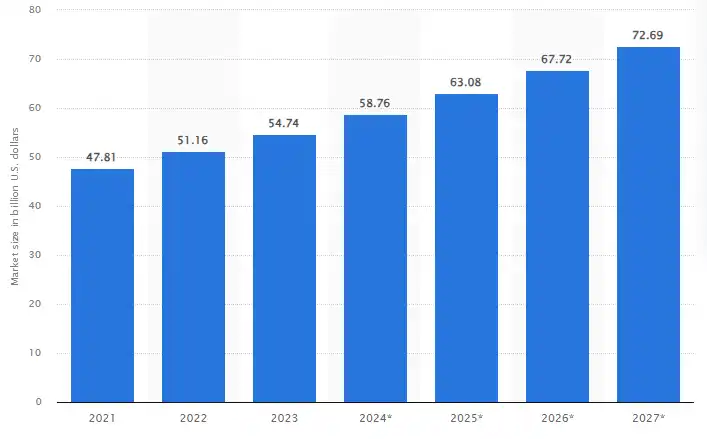
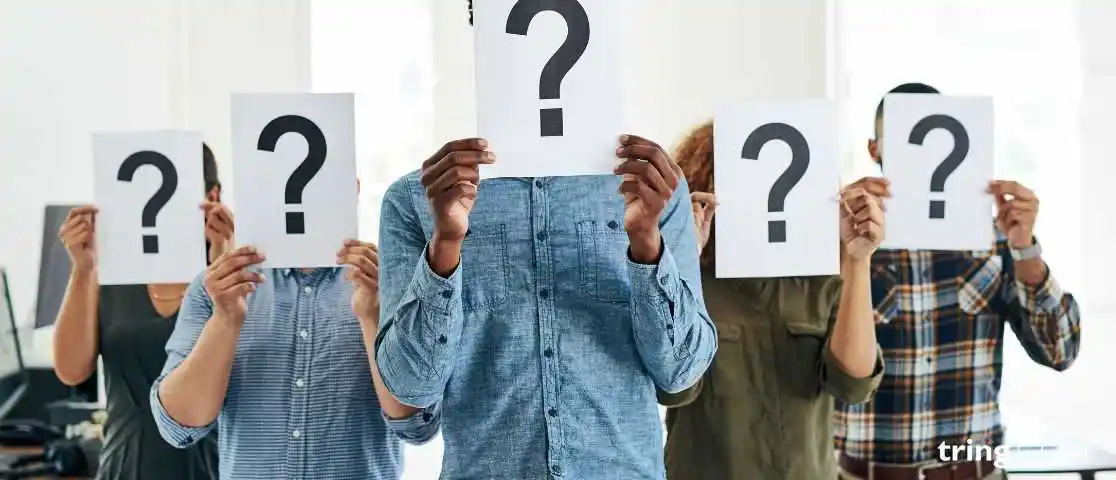
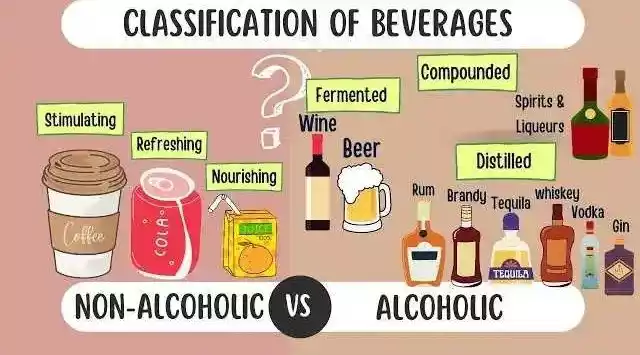
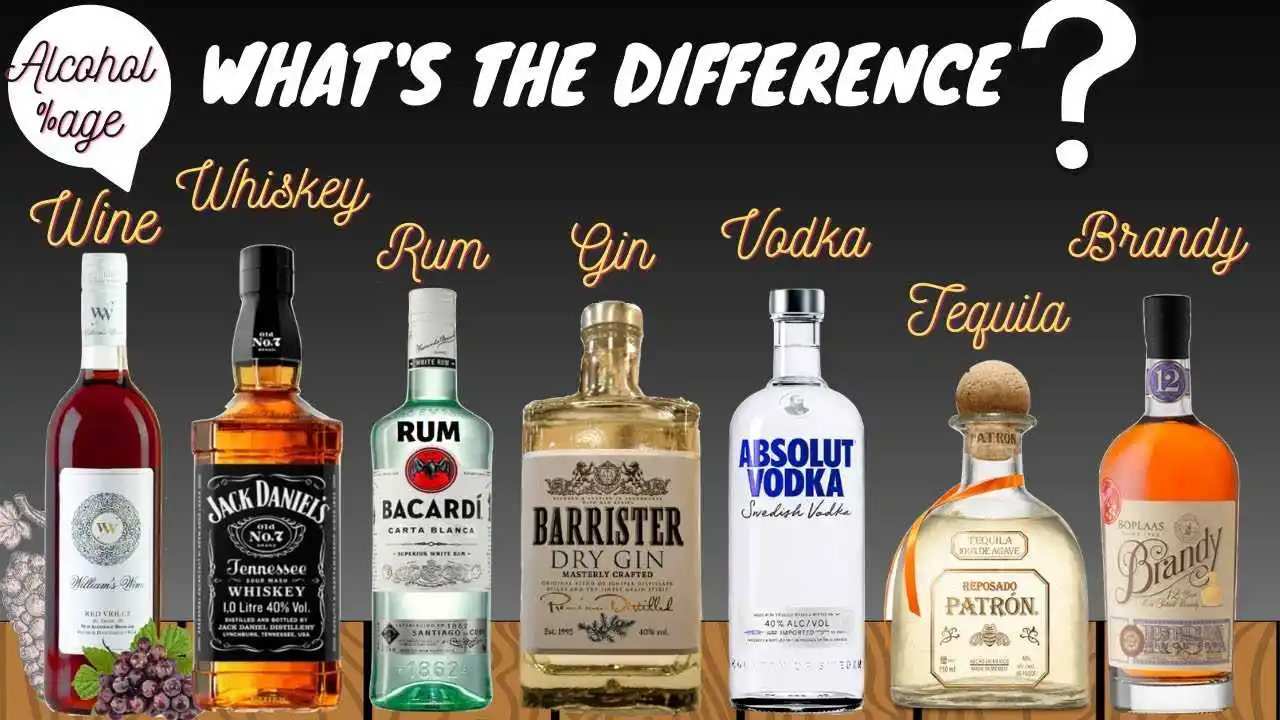
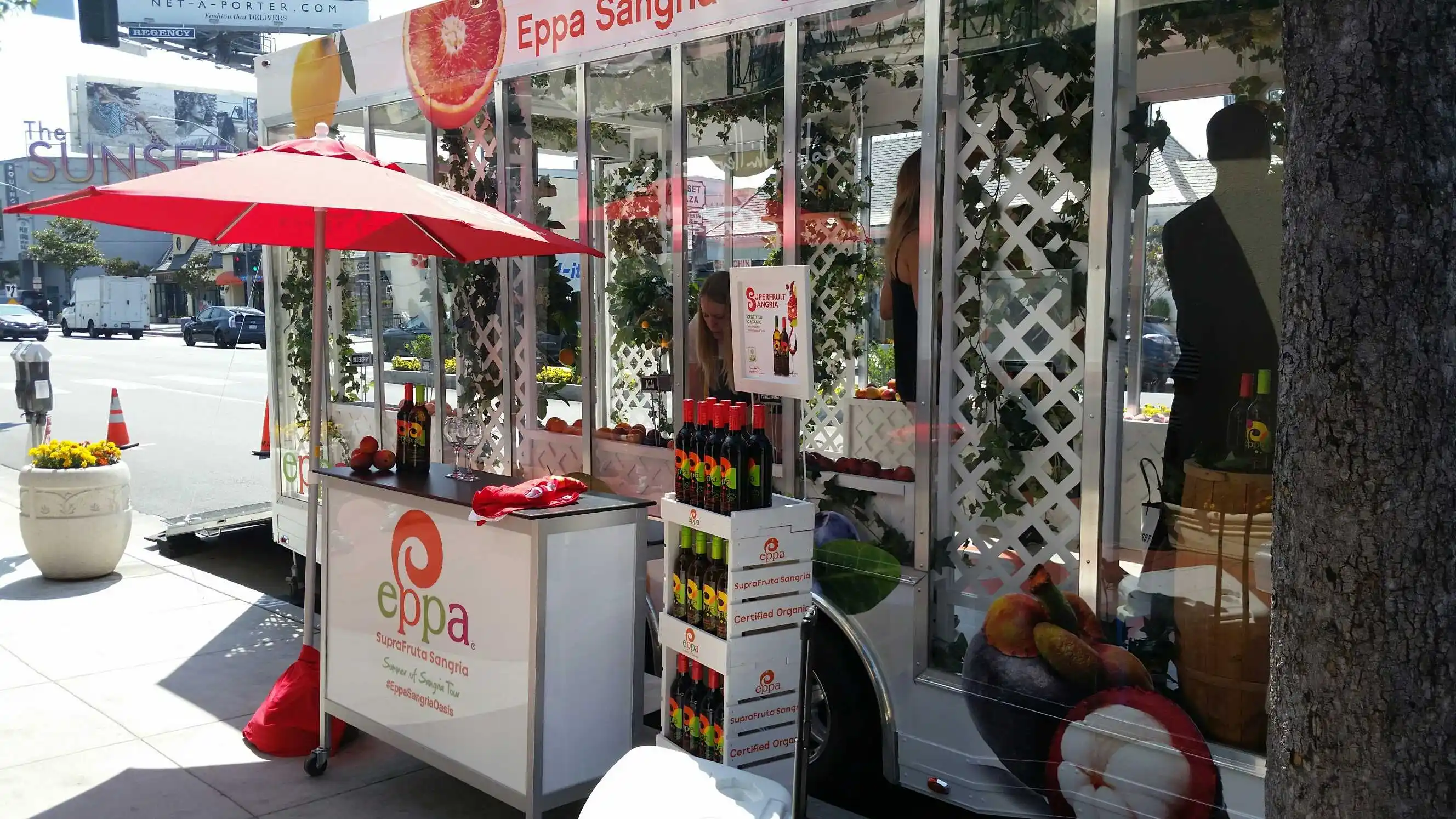
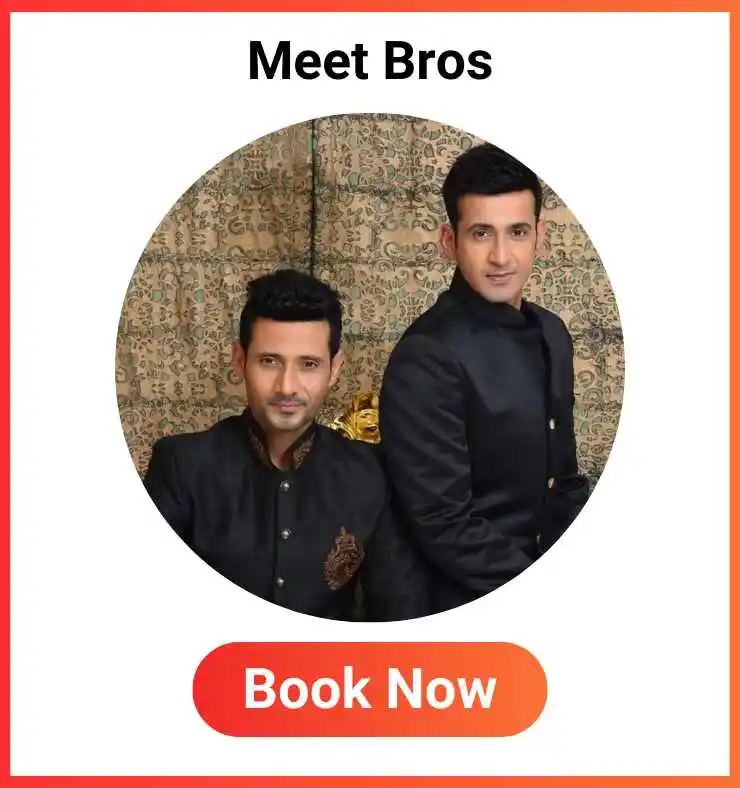
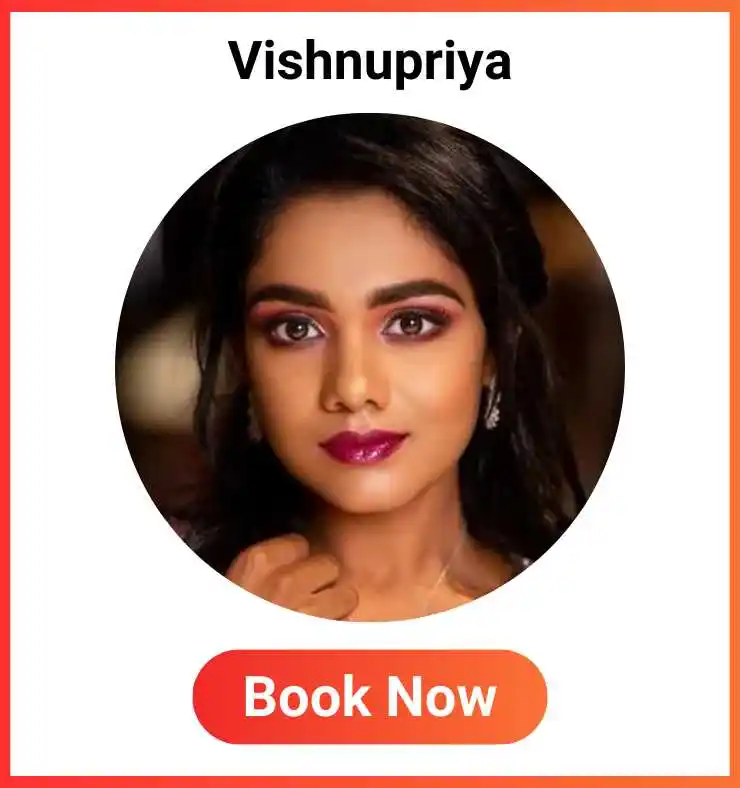


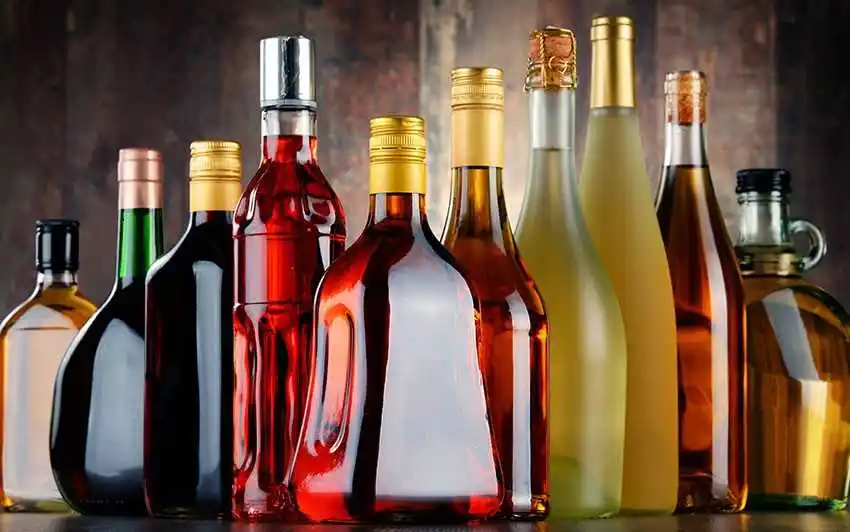

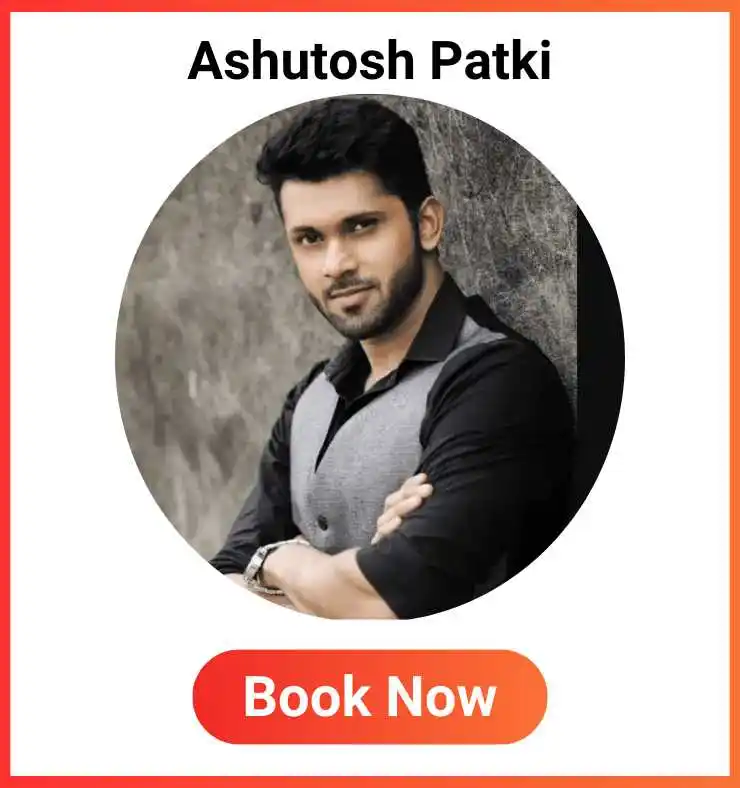
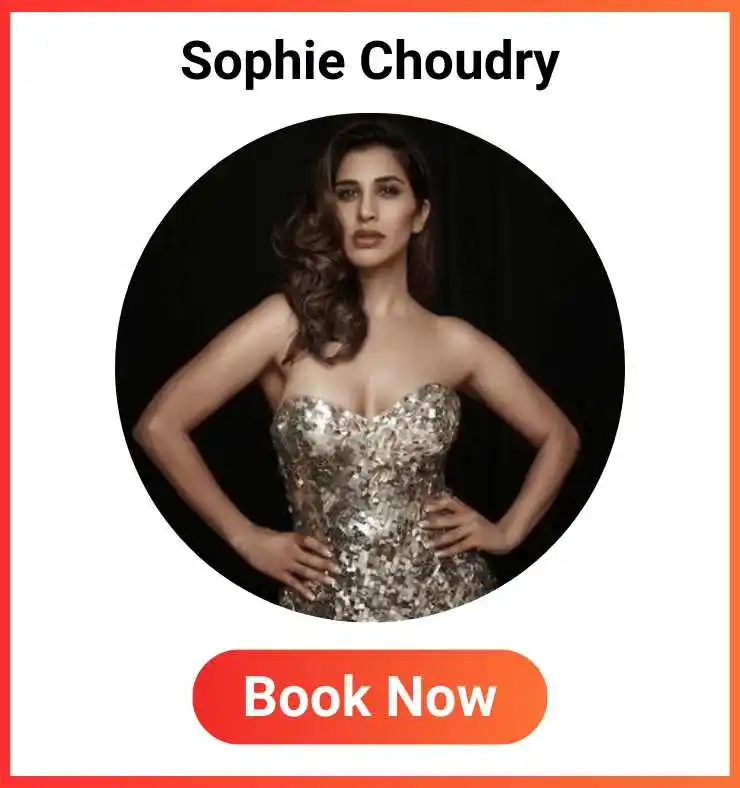
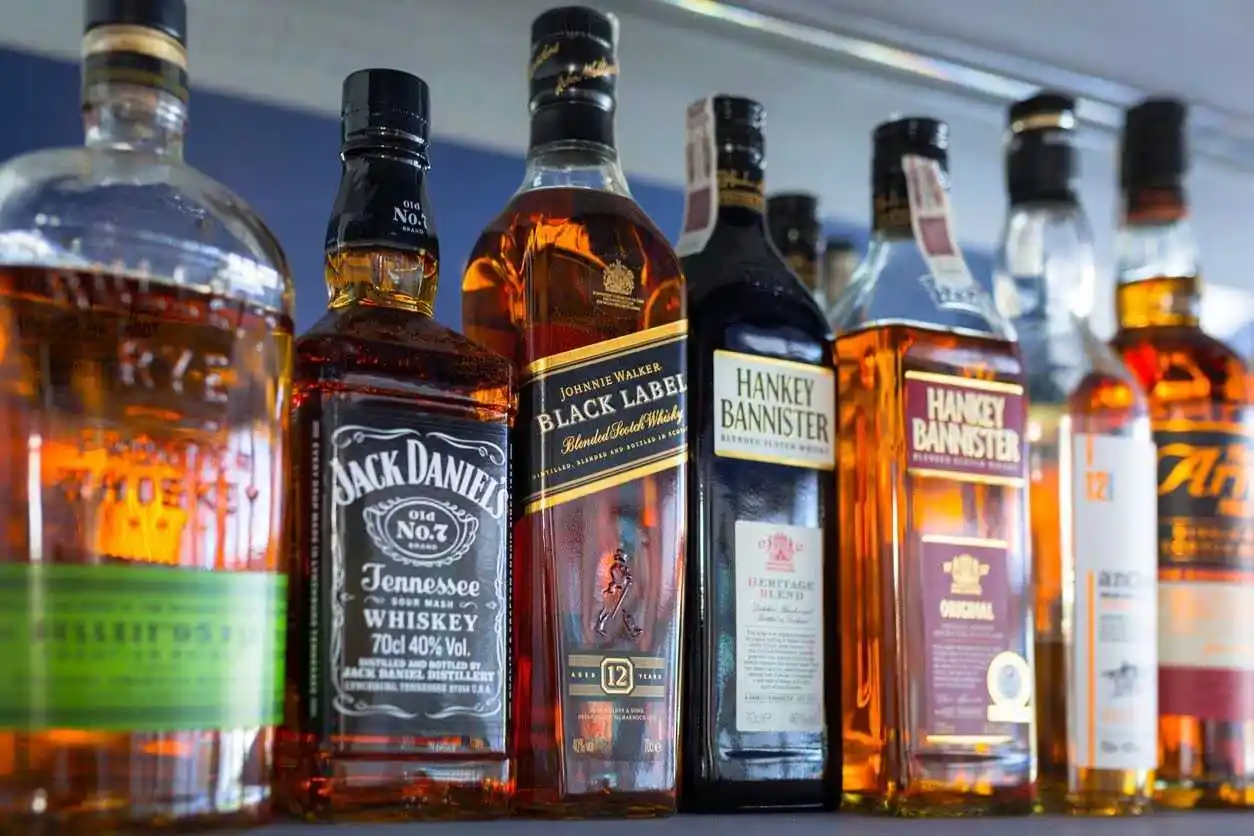
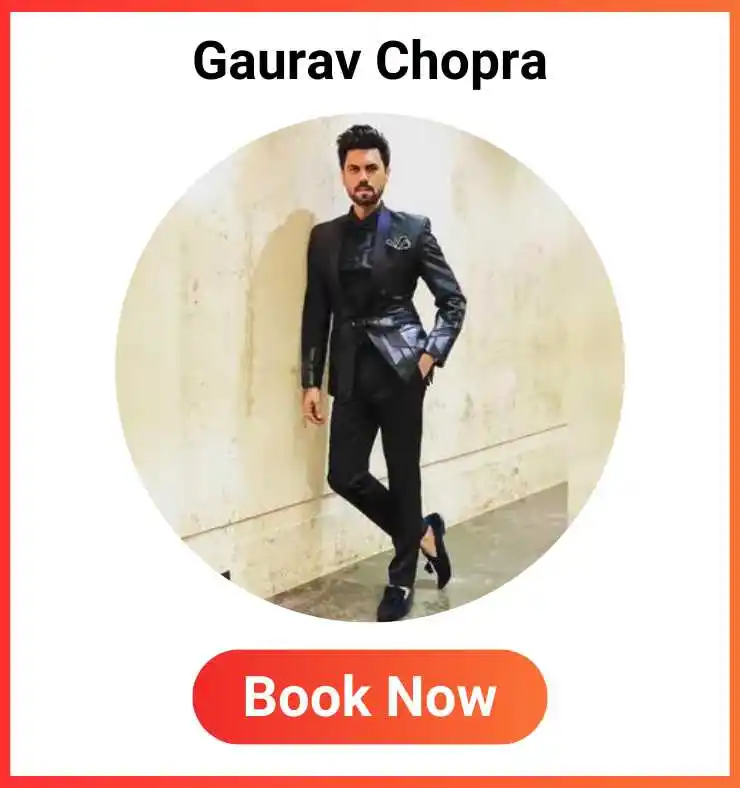


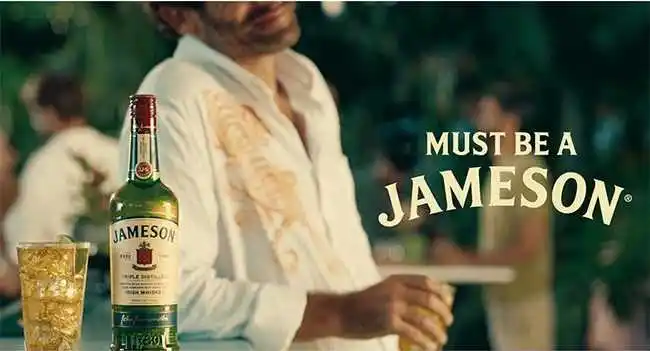

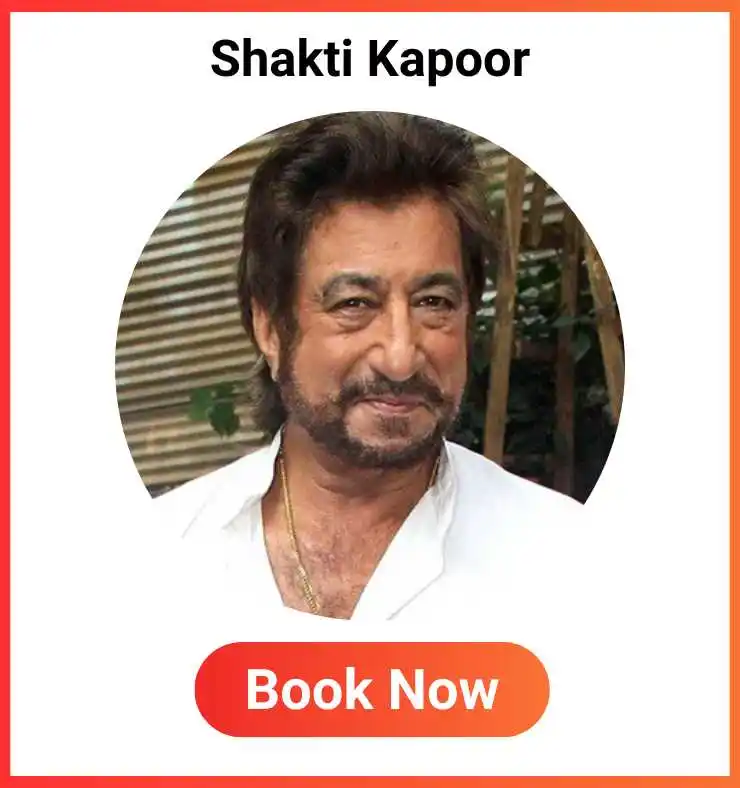


 We now support international payments
We now support international payments
